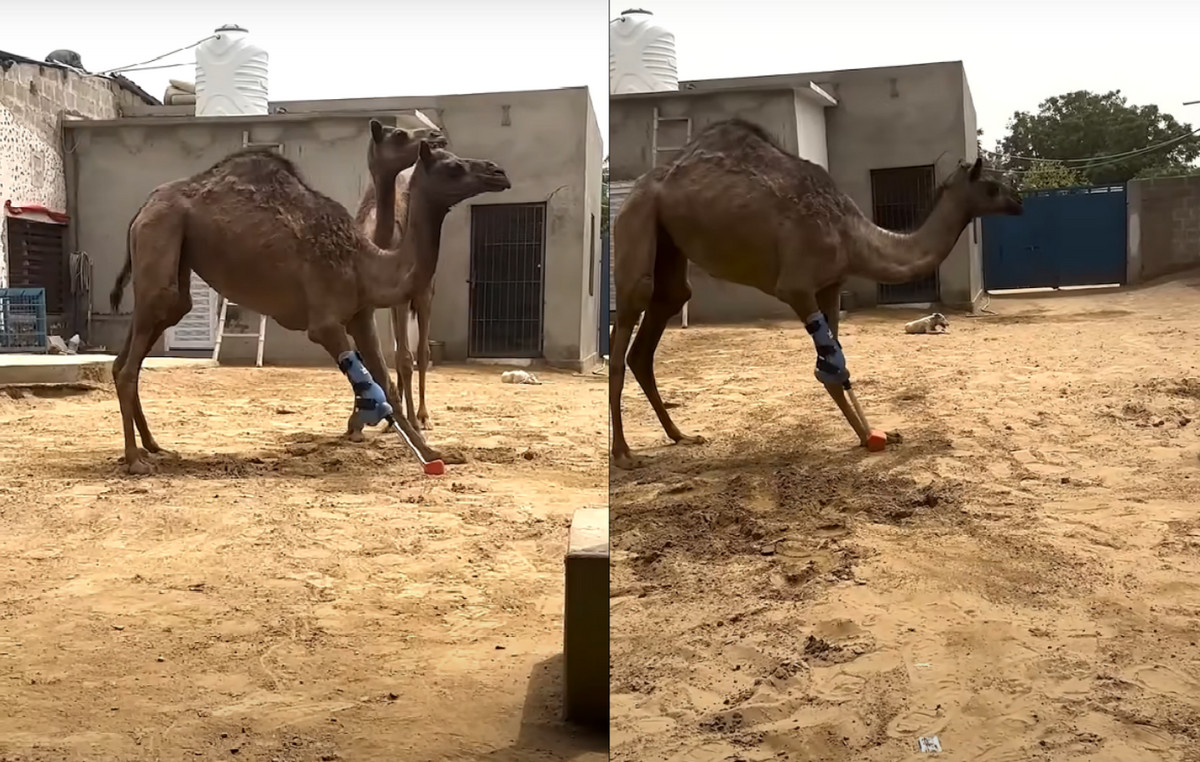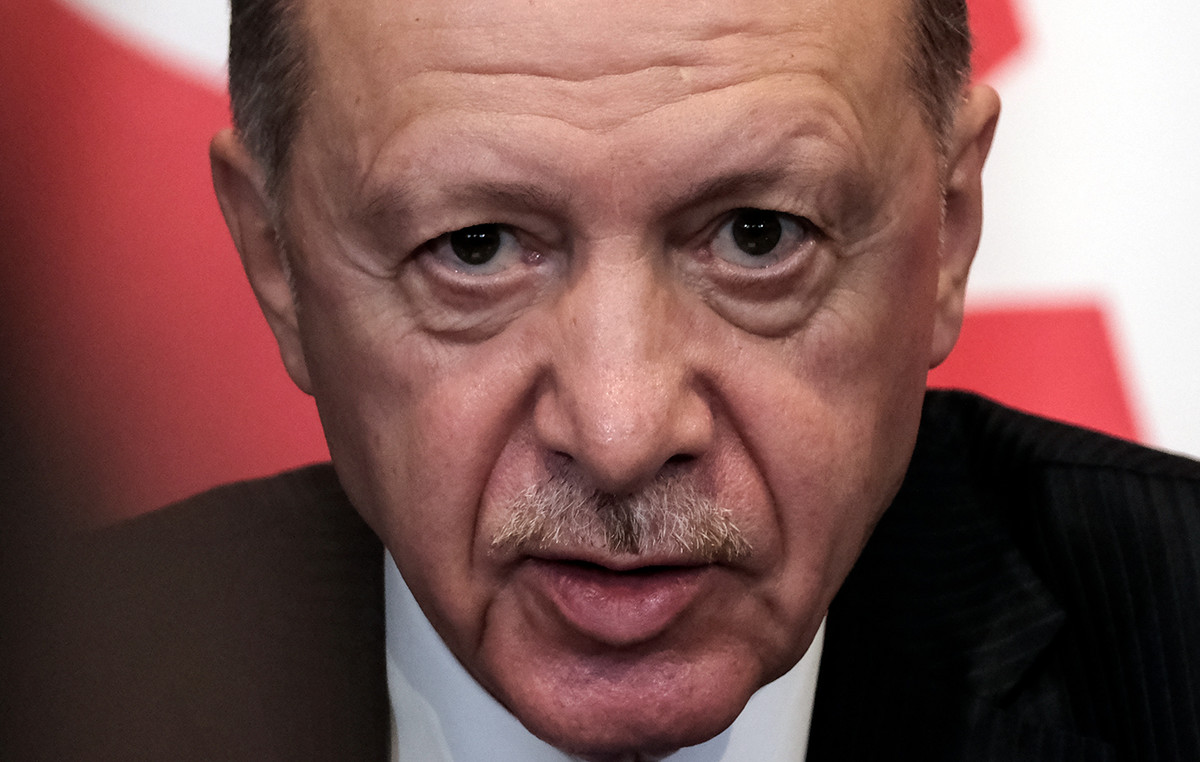In the coming days, Taproot is expected to be implemented, the long-awaited – and first significant since 2017 – Bitcoin upgrade, which will affect the cryptocurrency in various ways.
The Taproot upgrade uses something known as a Schnorr signature. These are multiple digital signature traces that are difficult to detect or decode and that will help Bitcoin transactions become more private and less expensive. The upgrade will allow the world’s most popular cryptocurrency bitcoin to execute “smart” blockchain contracts.
As Katherine Dowling, Bitwise Asset Management Advisor and Chief Compliance Officer, tells CNBC, “smart” contracts are the most important change Taproot will bring.
“Schnorr signatures will pave the way for more complex ‘smart’ contracts for Bitcoin users than they are today,” she said, noting that this alone is very important, “since one of the key differences between Bitcoin and newer blockchains, such as Ethereum, is the latter ‘s suitability for smart contracts. ”
“Smart” contracts are digital agreements written in code and stored in the blockchain. They are needed to power decentralized financial applications, or DeFi, and non-corrupt tokens, or NFTs, for example. The ability to deliver “smart” contracts has boosted Ethereum’s popularity among investors and digital currency holders.
Compared to Ethereum, “Bitcoin was much more limited in accepting smart contracts,” Dowling said. “Although bitcoin will probably never be as flexible as Ethereum in terms of ‘smart contracts’, with Taproot the gap will be narrowed.”
Privacy
The Taproot upgrade also aims to enhance the privacy of certain transactions. Specifically, Schnorr signatures will allow multiple signature transactions, or those involving multiple addresses, to appear as a standard, single transaction. Multiple signature transactions are often used to activate smart contracts.
Therefore, transactions with multiple signatures will not be easily “distinguished” from simple transactions, which means greater anonymity and privacy for the addresses involved.
Although Dowling describes this development as a “great advantage”, some worry that it may cause more concern to governments around the world about bitcoin and its related illegal activities, such as tax evasion or money laundering.
Cheaper transactions
Schnorr signatures will also reduce the amount of data required for multi-signature transactions, which are more complicated to process than standard ones.
“Less data will be required. This will make trading faster and more energy efficient,” said Tyrone Ross, CEO of Onramp Invest.
As a result, transactions will be cheaper to process, leading to lower transaction costs.
The future
Once implemented, Taproot will “lay the groundwork for the next phase of bitcoin innovation,” says Dowling. “We expect this upgrade to bring a new wave of innovation to Bitcoin that will focus primarily on ‘smart’ contracts.”
Although Dowling appears optimistic, many analysts insist that cryptocurrencies are risky due to their volatile and speculative nature, warning that investors should invest in digital currencies only what they can lose.
.
I am Sophia william, author of World Stock Market. I have a degree in journalism from the University of Missouri and I have worked as a reporter for several news websites. I have a passion for writing and informing people about the latest news and events happening in the world. I strive to be accurate and unbiased in my reporting, and I hope to provide readers with valuable information that they can use to make informed decisions.







